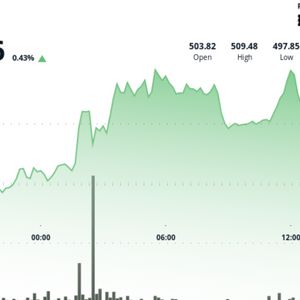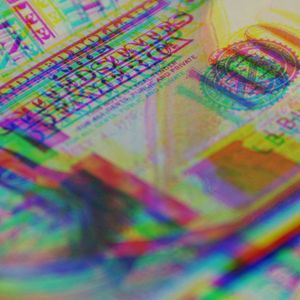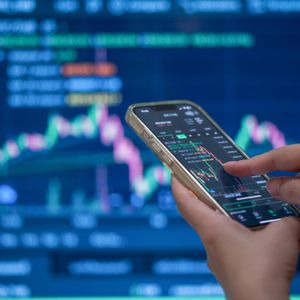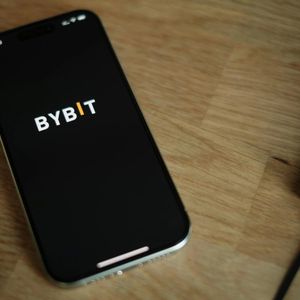Tesla’s market share in China dropped to 4%
3 min read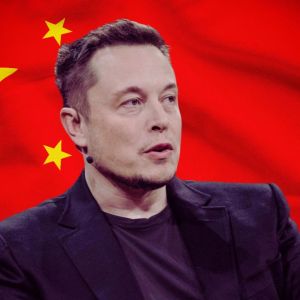
Tesla is bleeding market share in China while Elon Musk’s influence there is evaporating. According to reporting from the Wall Street Journal, sales in Tesla’s second-largest market have dropped hard, down 30% year-over-year in May, while overall EV demand in China keeps rising. Just under 40,000 Teslas were sold last month, compared to over 57,000 during the same period a year ago. Meanwhile, companies like BYD and Xiaomi are growing fast. BYD now controls 29% of the EV and plug-in hybrid market. Tesla? Just 4%, compared to 11% in early 2021. Chinese officials once treated Elon like a national treasure. He got land, tax breaks, loans, and the rare right to build a factory without a local partner. But now, things have flipped. Tesla is falling behind the very competition it helped build. Cars from Chinese brands come loaded with features, multiple screens, in-car gaming, selfie cams, fridges, and stuff Tesla doesn’t offer. Local buyers say the brand is tired. Elon blocks feedback as Chinese team gets ignored Tesla’s team in China has tried for years to warn headquarters that local customers want new features, more smartphone integration, and native apps. In 2021, the China staff submitted a report explaining these demands. U.S. officials replied that entertainment and local integrations weren’t priorities. The same request came again in 2023 and 2024, with the same result. Tesla later added Mango TV but still offers fewer apps than domestic rivals. Meanwhile, sales staff are under pressure. A Tesla salesman in Beijing said his target jumped from four cars a week to one a day. Hours were stretched to 12 daily, up from 10. With models aging and local competition improving, workers say they’re left with less to pitch. And Tesla’s plan to build a car tailored to Chinese tastes? Scrapped. Elon changed direction, choosing instead to strip features and roll out a cheaper Model Y variant. That model starts at $36,700, while BYD’s Sealion 07 starts at $26,400. Elon’s relationship with Beijing is also deteriorating. In January, he met Vice President Han Zheng in Washington. Han reportedly told Elon that China hoped he’d help with U.S.-China relations. Elon didn’t bite. Now, officials say he’s no longer viewed as a useful bridge between the countries. At the same time, Tesla can’t roll out its Full Self-Driving (FSD) system in China. The software, live in the U.S. since early 2024, relies on AI trained from American driving data. That’s a no-go in China, where regulations require systems to be trained locally. Tesla offered to redact sensitive video, but the volume made officials uncomfortable. The company then proposed moving FSD training to China, but that plan also failed, Tesla can’t get the chips it needs due to U.S. export controls. Tesla loses tech race while rivals launch robotaxis While Elon was stuck in talks, Chinese firms charged ahead. XPeng’s XNGP and BYD’s Eyes of God launched with FSD-style capabilities. Baidu and Pony AI already operate robotaxi fleets. Tesla? Nothing. In February, the company tried sneaking in some FSD features with over-the-air updates, exploiting a gray area in regulations. Officials shut it down, clarified the rules, and blocked a free one-month trial Tesla later offered in March. Regulators said Tesla “shouldn’t use drivers as guinea pigs.” Elon’s problems don’t end with cars. In March, Tesla began shipping Megapack batteries to Australia from its new Shanghai factory. But battery giant CATL is already deep in that market. Tesla’s other gamble, humanoid robots, also depends on China. Its Optimus robot, built in the U.S., uses Chinese parts. Despite new U.S. tariffs, Tesla kept buying from its suppliers, who helped slash costs. Now, local startups like Unitree and Agibot are working with those same suppliers. “Once you secure contracts with Tesla, domestic robotics companies will be much more willing to collaborate with you,” said Chen Feng, a marketing manager at a Tesla supplier. That could put Elon right back in the same position he’s in with EVs, surrounded by competitors he accidentally helped build. During a call with analysts, Elon said, “I’m a little concerned that on the leaderboard, ranks two through 10 will be Chinese companies.” Cryptopolitan Academy: Coming Soon – A New Way to Earn Passive Income with DeFi in 2025. Learn More

Source: Cryptopolitan
